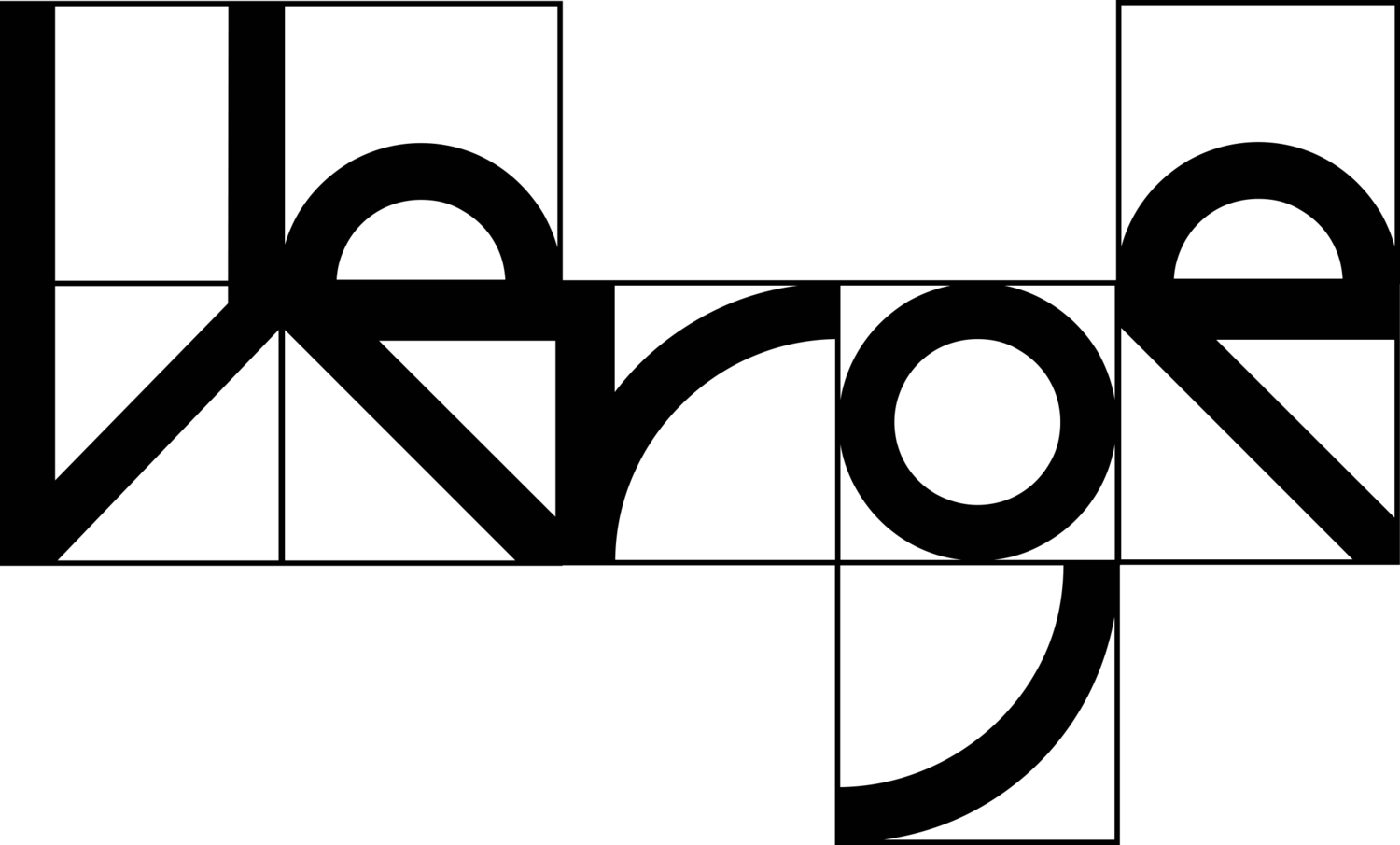PAUL WILLIAMS
’RECURRING MOTIFS’
17 FEBRUARY - 18 MARCH, 2022
Paul Williams, White noise, (detail), 2022, Oil and acrylic on canvas, 1530mm x 1985mm.
ARTIST STATEMENT
Recurring Motifs is an exhibition of new paintings and sculpture. Abstract in nature, they combine geometric and organic shapes in works that are visually and spatially ambiguous.
Using techniques of construction, collage, spraying, layering, scraping and stippling, Williams reconfigures and represents narratives he has unearthed through his investigations into domestic and urban environments. At times unsettling, he draws us into the past (now present)—the forms and grounds shift, like they could crumble and collapse beneath our feet. Williams lays bare the struggle to articulate something without words, and what initially appears to be stable could unravel at any time
PAUL WILLIAMS : RECURRING MOTIFS
“[Children] don’t consciously look at houses any more than they look at the walls of flesh that enclose them before they can see anything at all—but they know them.
It’s when they leave the house that they look at it.”
Marguerite Duras, Practicalities (1990), p.389
Paul Williams, Recurring Motifs, 2022, installation view, dimensions variable. Photography by Zan Wimberley.
Paul Williams, Recurring Motifs, 2022, installation view, dimensions variable. Photography by Zan Wimberley.
When I go for a walk around the inner-city suburb whereI live, it seems as if all the homeowners have conspiredtogether and decided now is the time we sell. On every street there are dark and gloomy terraces or semi-detached houses up for auction: ‘long-held gems’ with ‘original features’ that are a ‘renovator’s dream’. As soon as they’re sold (and they sell quickly), huge skips appear out the front. Builders arrive to rip up the carpet and scrape off the wallpaper. The home furnishings of the past—green benchtops, brown tortoiseshell tiles, bubble-gum pink basins—are tossed to make way fortheir new minimalist silver-white counterparts. Whole kitchen cabinets, or floorboards, or bannisters, or bits of bathroom mirror are removed. Once, an entire TV unit was perched on top of the heap. Sooner or later, a truck arrives to cart the skipaway, so the new owner is no longer faced with the kinds of trappings that (most likely) lined their childhood home.
Paul Williams, Recurring Motifs, 2022, installation view, dimensions variable. Photography by Zan Wimberley.
With his solo exhibition, Recurring Motifs, Paul Williams revels in the tactility of these same materials: carpet offcuts, foam, wood, red lacquer, and oils. Working across sculpture and painting, Williams conjures abstract forms out of these materials, and there’s an ambiguousness to theirgeometric and organic shapes. These are works that could be thought of as playful references to the domestic space, or asinvestigations into industrial architecture, or as explorations of the peculiar designs of our dreamscapes. This sense ofambiguity comes, in part, from the ways in which Williams returns to his constructed forms again and again. Indeed, the activity of making is a key part of Williams’ practice, wherebythe process is as important as the outcome.
Paul Williams, Compression, 2021, Oil on canvas, 255mm x 360mm. Photography by Zan Wimberley.
Paul Williams, Recurring Motifs, 2022, installation view, dimensions variable. Photography by Zan Wimberley.
To put it another way, Recurring Motifs is as much about the layering, spraying, stippling, and collaging of paint—and how this marks a moment in time—as it is about looking in the gallery space. And, even if they unfurl and reveal themselves to you, layered beneath these works are alternative points of view or shifts in perspective. In some ways, although these sculptures and paintings are finished and displayed, they are still toying with their final form—always at the ready for Williams to repurpose and remake them again.
Paul Williams, Recurring Motifs, 2022, installation view, dimensions variable. Photography by Zan Wimberley.
Paul Williams, Cabinet #3, 2022, Acrylic, cardboard, canvas, cardboard wood, MDF, paper, nails, screws, and glue, 350mm x 250mm x 110mm. Photography by Zan Wimberley.
In his essay ‘The Inner Life of the Palette Knife’ (2011), Wayne Koestenbaum writes that abstract or semi-abstract art“hover[s] on the edges of codes we’ll never comprehend.” In doing so, it “teaches us to pay fine-grained, undogmatic attention to the blobs and lines and curves we encounter in everyday life.” “Pay attention to scratches,” suggests Koestenbaum. “Pay attention to the textured, importuning marks of a silent palette knife.”
Paul Williams, Awakening, 2022, Oil, acrylic and carpet on canvas, 1530mm x 2140mm. Photography by Zan Wimberley.
Paul Williams, Pink green fuzz, 2022, Oil and acrylic on canvas, 1380mm x 1680 mm. Photography by Zan Wimberley.
What happens when I pay attention to Williams’ blobs and lines and curves? I remember a flash of a particular colour in a hallway. Or I discover a half-hidden memory of a kitchen cabinet, or a hatched desk in fire-truck red, or a specific weave in the carpet. I learn that memories mostly consist of shadows, shapes, and the aesthetics of gridded wallpaper. That the motifs that recur are not made up of figures, or words, but rather surfaces, textures, and partial views.
-Naomi Riddle










